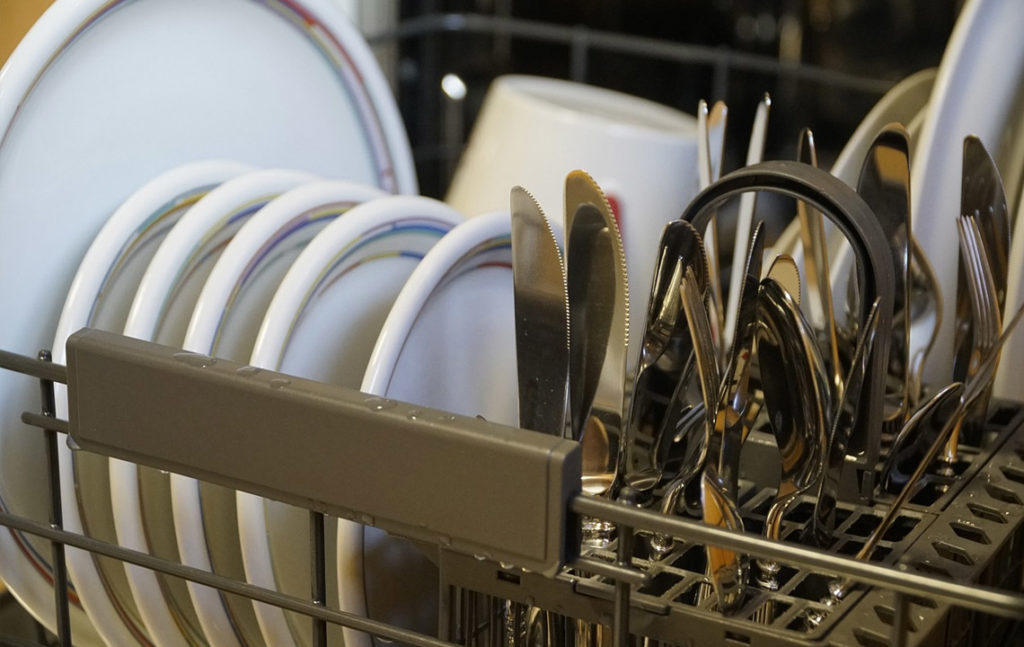
Using a dishwasher with a septic system requires careful consideration and proper maintenance to ensure both the appliance and the septic system function efficiently. When a dishwasher is connected to a septic system, several factors come into play, including water usage, detergent selection, and overall septic system maintenance. Here are some things to consider:
- Water Usage: One of the primary concerns when using a dishwasher with a septic system is water consumption. Dishwashers can use a significant amount of water during each cycle, and excessive water usage can overload the septic system. However, modern dishwashers are designed to be more water-efficient than older models, and selecting an energy-efficient dishwasher can help reduce water usage.
- Proper Loading: Properly loading the dishwasher is essential to maximize its efficiency and minimize water usage. Overloading the dishwasher may lead to incomplete cleaning, resulting in the need for additional cycles and increased water consumption. By loading the dishwasher correctly and using it only when full, you can help manage water usage and lessen the impact on your septic system.
- Detergent Selection: The choice of dishwasher detergent is crucial when using a septic system. Avoid using traditional, phosphorus-containing detergents, as they can harm the beneficial bacteria in the septic tank that are responsible for breaking down waste. Instead, opt for environmentally-friendly, biodegradable detergents labeled as “septic-safe” or “biological.” These detergents are less likely to interfere with the natural bacterial processes in the septic system.
- Pre-Rinsing: Modern dishwashers are generally effective at cleaning dishes without the need for extensive pre-rinsing. Excessive pre-rinsing can introduce unnecessary water into the septic system and disrupt its balance. Scraping off large food particles before loading the dishwasher is usually sufficient, saving water and benefiting the septic system.
- Regular Maintenance: Proper maintenance of both the dishwasher and the septic system is vital for long-term efficiency. Regularly clean and inspect the dishwasher to prevent clogs or mechanical issues that could lead to water leakage. Additionally, schedule routine septic tank inspections and pump-outs as recommended by professionals to ensure the system’s optimal functionality.
- Consideration of Other Water-Using Appliances: The dishwasher is not the only water-consuming appliance in a household. Washing machines, showers, and toilets also contribute to overall water usage. To reduce the strain on the septic system, spread out water-intensive activities throughout the day and week, if possible.
- Garbage Disposal Usage: If your dishwasher is connected to a septic system, it is also likely that you have a garbage disposal unit in the kitchen sink. Keep in mind that the disposal can introduce additional solid waste into the septic system, potentially requiring more frequent pump-outs. To minimize the impact, use the garbage disposal sparingly and compost food waste when possible.
Yes, it is possible to use a dishwasher with a septic system, but it requires mindful water usage, proper detergent selection, and regular maintenance. By adopting water-saving practices, using septic-safe detergents, and ensuring the septic system is well-maintained, homeowners can enjoy the convenience of a dishwasher without compromising the functionality of their septic system. Consulting with a septic system professional, such as WM Plumbing, can provide advice for your specific setup and ensure the long-term health of both the dishwasher and the septic system.
